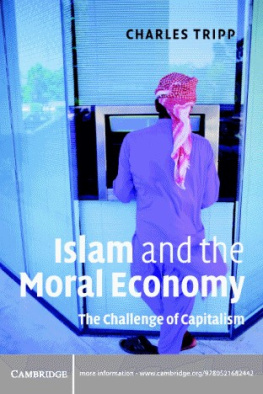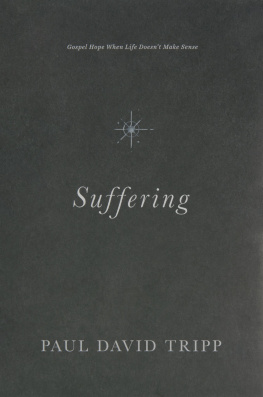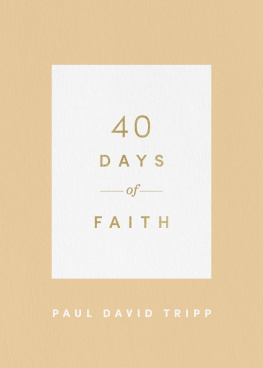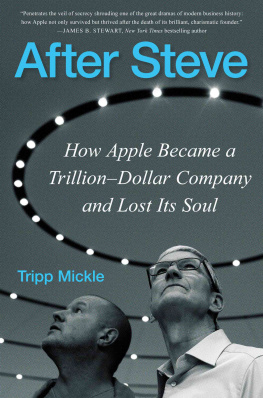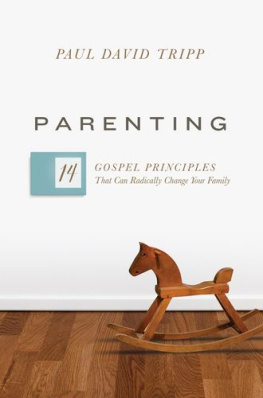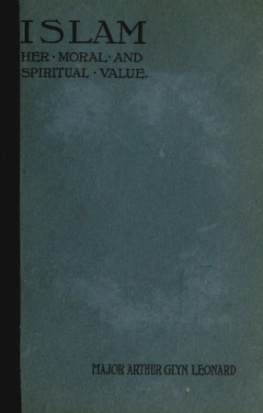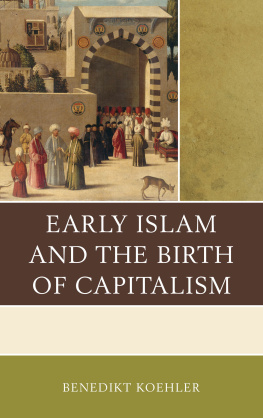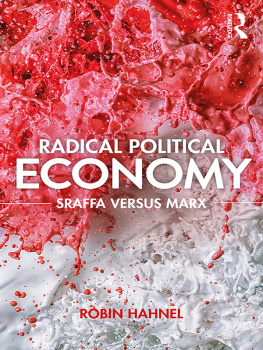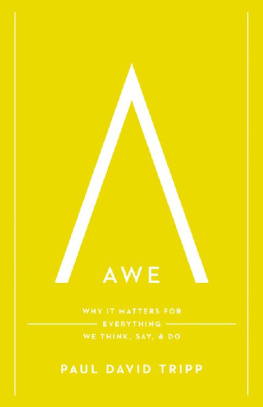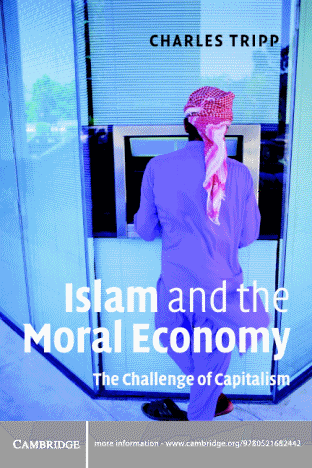How do modern Muslims adapt their traditions to engage with today's world? Charles Tripp's erudite and incisive book considers one of the most significant challenges faced by Muslims over the last sixty years: the challenge of capitalism. By reference to the works of noted Muslim scholars, the author shows how, faced by this challenge, these intellectuals have devised a range of strategies which have enabled Muslims to remain true to their faith, whilst engaging effectively with a world not of their own making. The work is framed around the development of their ideas on Islamic socialism, economics and the rationale for Islamic banking. While there are those who have resorted to confrontation or insularity to cope with the challenges of modernity, most have aspired to innovation and ingenuity in the search for compromise and interaction with global capitalism in the twenty-first century.
C HARLES T RIPP is Reader in Politics with reference to the Middle East in the Department of Political and International Studies, School of Oriental and African Studies, University of London. His many publications include Iran and Iraq at War (1988, with Shahram Chubin), IranSaudi Arabia Relations and Regional Order (1996, with Shahram Chubin) and A History of Iraq (2000, 2002).
CAMBRIDGE UNIVERSITY PRESS
Cambridge, New York, Melbourne, Madrid, Cape Town, Singapore, So Paulo
Cambridge University Press
The Edinburgh Building, Cambridge CB2 2RU, UK
Published in the United States of America by Cambridge University Press, New York
www.cambridge.org
Information on this title: www.cambridge.org/9780521682442
Charles Tripp 2006
This book is in copyright. Subject to statutory exception
and to the provisions of relevant collective licensing agreements,
no reproduction of any part may take place without
the written permission of Cambridge University Press.
First published in print format 2006
ISBN-13 978-0-511-24747-7 mobipocket
ISBN-10 0-511-24747-8 mobipocket
ISBN-13 978-0-521-86377-3 hardback
ISBN-10 0-521-86377-5 hardback
ISBN-13 978-0-521-68244-2 paperback
ISBN-10 0-521-68244-4 paperback
Cambridge University Press has no responsibility for the persistence or accuracy of URLs for external or third-party internet websites referred to in this publication, and does not guarantee that any content on such websites is, or will remain, accurate or appropriate.
for
Emily and Rhiannon
Contents |
| 1 |
| 1.1 |
| 1.2 |
| 1.3 |
| 2 |
| 2.1 |
| 2.2 |
| 2.3 |
| 2.4 |
| 3 |
| 3.1 |
| 3.2 |
| 3.3 |
| 4 |
| 4.1 |
| 4.2 |
| 4.3 |
| 4.4 |
| 4.5 |
| 5 |
| 5.1 |
| 5.2 |
| 5.3 |
Acknowledgements
Writing a book which deals in some measure with the moral problems of debt and repayment has made me acutely conscious of the debts of gratitude that I owe to all those who have helped me in my work. They have been many, both institutional and individual, and I would like to express my thanks to them all for having advised and assisted me along the way.
In particular, I would like to thank the Nuffield Foundation and the Arts and Humanities Research Board for the grants which helped to support my research and to provide the precious time needed for writing, free of teaching and administrative duties. In this respect, I would also like to thank my colleagues in my department and in the library at the School of Oriental and African Studies whose support gave me the time needed to complete this project and whose expertise helped me greatly in my research. I also acknowledge with gratitude the assistance of the staff at the Dar al-Kutub al-Misriyah, at CEDEJ and at the American University in Cairo, at the library of the Mu'assasat Al al-Bait, at Jordan University Library and at the American Center for Oriental Research in Amman, as well as at the British Library and at the library of the London School of Economics and Political Science.
There are many who have helped me during my research, who have given advice and encouragement and whose own work has sent my thoughts along paths that I might not otherwise have followed. In particular, I stand indebted to Hind and Mohsen Muhammad, James Piscatori, Muhammad Abd al-Halim, Sami Zubaidah, Fred Halliday, Sudipta Kaviraj, Ben Fortna, Kathryn Dean, Bill Hale, Eberhard Kienle, Malise Ruthven and Ali Rahnema. Finally, no book can appear without the confidence of the publisher in the project and in the author. I would therefore like to thank Marigold Acland, Senior Commissioning Editor at Cambridge University Press, for the faith she has shown in my work.
I cannot discharge the debts I owe to all those who have made this book possible, but I hope at least that it can stand as a token of my gratitude to them.
Glossary
chador | lit. tent, thus cloth covering a woman's body |
faqih (pl. fuqaha ) | jurist |
fatwa | judgement |
fiqh | jurisprudence |
hadith | saying or tradition of the Prophet Muhammad |
halal | permitted |
haram | forbidden |
hijab | woman's head covering or veil |
ijma | consensus |
ijtihad | independent interpretation of a legal or theological question in Islam |
infitah | lit. opening, thus the opening of the economy to private and foreign capital |
ishtirakiyah | socialism |
jahiliyah (adj. jahili ) | lit. ignorance, thus the period prior to the Islamic era |
jihad | effort or struggle (on behalf of Islam) |
mal | wealth |
maslahah | welfare |
milk | property |
mudarabah | contract in which a lender puts up capital and a borrower invests time, energy and expertise |
muhtasib | inspector of markets and public morals |
mujahid (pl. mujahidun ; Persian mojahed ) | struggler, fighter |
mujtama | society |
murabahah | contract in which a lender buys goods on behalf of another party and charges that party a fee |
musharakah | contract in which both borrower and lender make a financial investment in a venture |
mutazilah | school of speculative theology in medieval Islam |
nass | text |
purdah | (female) seclusion |
qiyas | analogy |
riba | interest |
salafi (pl. salafiyun ) |

